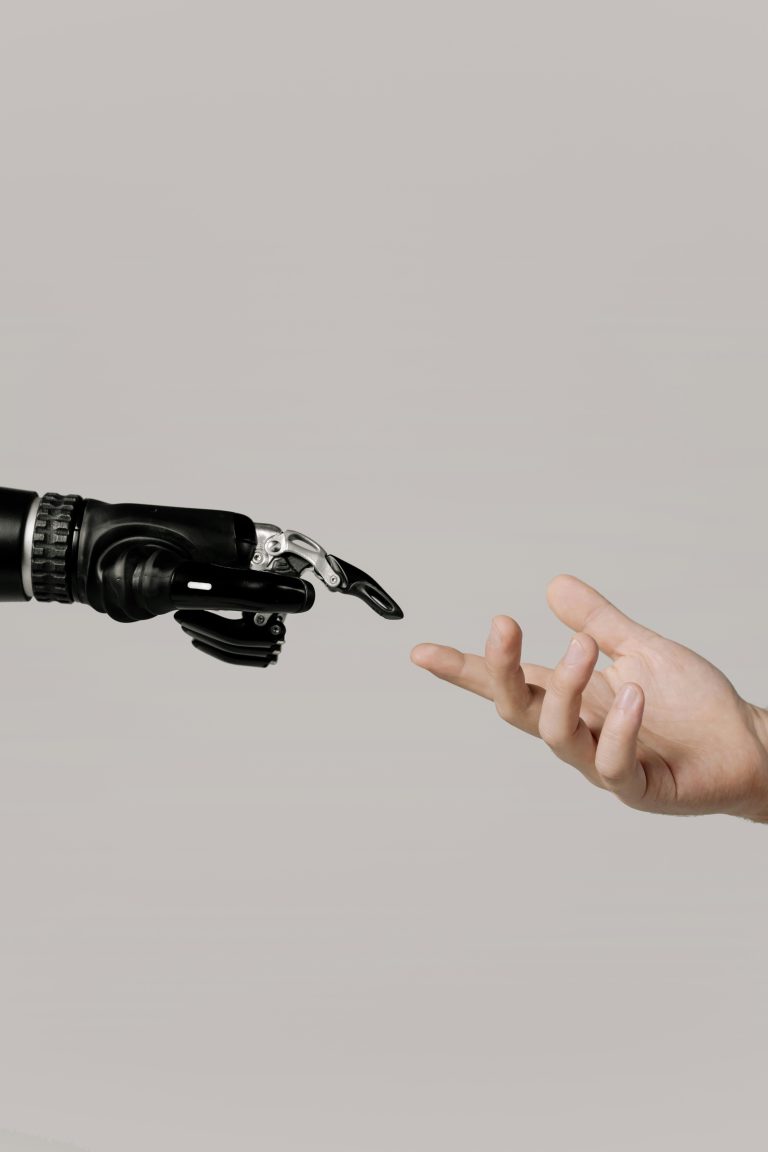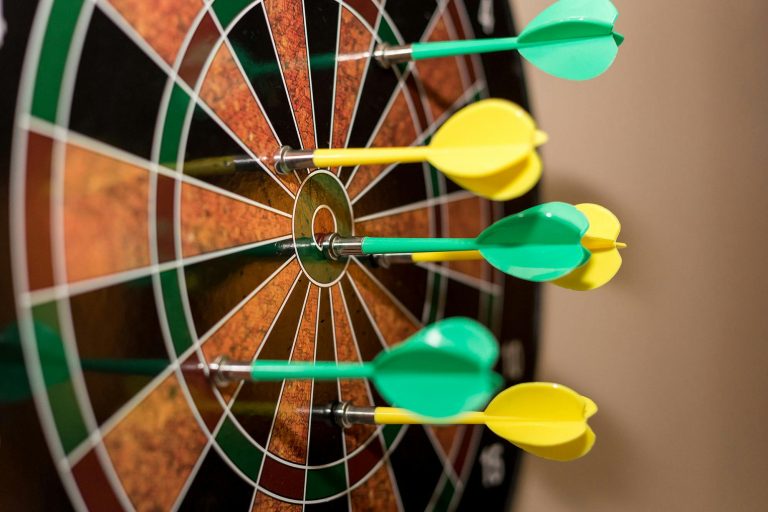Why Does Everyone Disappear? Understanding Modern Connections
Have you ever sent a message to a friend and watched as days turned into weeks with no reply? Or made plans with someone only for them to cancel at the last minute… again?
If you’re nodding your head right now, you’re not alone.
As someone who’s experienced the sting of being ghosted and forgotten, I understand how isolating it can feel when connections seem to evaporate without explanation.
Recently, I came across this heartbreaking post online:
“Does anyone ever stay in touch? Does anybody these days stick around? I swear it’s like you meet people and they just leave or ghost you. I’m kinda losing myself at the moment with feeling lonely but I’m also tired of reaching out to people.”
These words hit home because they capture a universal experience that’s becoming increasingly common in our modern world.
But there’s more to this story than just flaky friends or uncaring acquaintances.
The Reality Behind Disappearing Connections
Let’s be real, maintaining relationships takes work.
And in today’s world, a lot of people are running on empty, with their emotional and mental resources stretched thin.
So before taking ghosting too personally, it’s worth considering what might be going on behind the scenes.
This isn’t about making excuses for people who ghost. Some disappear because they’re afraid to be honest. Saying things like “I don’t think we’re a match” or “This isn’t working” feels too uncomfortable. But for others, the reasons go deeper and are often more complicated.
Time Poverty: A Modern Epidemic
Time poverty (the feeling of having too much to do and not enough time to do it) affects more people than you can imagine.
This isn’t just a perception issue, it’s a mathematical reality for many.
The average full-time American worker regularly puts in 47 hours per week, nearly a full extra day beyond the standard 40-hour workweek.
Add commuting time (an average of 52.2 minutes daily), household responsibilities, and basic self-care needs, and there’s little time left for nurturing friendships.
For many people, especially those working multiple jobs or raising families, the math simply doesn’t add up. There aren’t enough hours in the day.
Mental Energy: The Invisible Resource
Time isn’t the only limited resource affecting relationships.
Mental energy (that precious capacity to engage, listen, respond thoughtfully, and be present) is increasingly depleted in our high-stimulation world.
Dr. Roy Baumeister’s research on ego depletion shows that willpower and decision-making abilities are finite resources that get used up throughout the day.
By the time many people finish work, they’ve already made hundreds of decisions and navigated countless social interactions.
When someone doesn’t respond to your text, it might not be that they don’t care, it might be that they saw it, wanted to craft a thoughtful response, but lacked the mental bandwidth at that moment. Then it slipped further down in their messages, and with each passing day, responding felt more awkward.
The Financial Reality That Strains Relationships
Beyond time and energy constraints, there’s another major factor affecting how people prioritize and maintain relationships: money 💰
The Cost of Living Crisis
I’ve noticed a disturbing trend in my own social circles: gatherings that used to happen regularly have become special occasions because people simply can’t afford them anymore.
With inflation outpacing wage growth for years, many people are working harder just to maintain the same standard of living.
This financial strain creates several relationship barriers:
- less discretionary income for socializing;
- increased work hours to make ends meet;
- higher stress levels that diminish social energy;
- shame about financial limitations.
For someone struggling to pay rent, responding to a “Let’s hang out” text can trigger anxiety about expenses they can’t afford to incur.
Digital Overload and Connection Paradox
We’re more connected than ever through technology, yet many people report feeling more isolated. This seeming contradiction has several explanations:
Attention Fragmentation
The average American smartphone user checks their phone 96 times per day: approximately once every 10 minutes. Each notification represents a small demand on our attention.
With messages coming from work, family, social media, news apps, and various friend groups, many people feel perpetually behind in their communications. Your message might be competing with dozens or hundreds of others.
Connection Overload
There’s a psychological concept called Dunbar’s number that suggests humans can only meaningfully maintain about 150 relationships, with only about 5-15 close connections.
Yet social media has expanded our “friend” networks far beyond these natural limits.
The result? Many people feel stretched thin across too many shallow connections rather than investing deeply in a sustainable number of meaningful relationships.
When Loneliness Meets Self-Protection
When we’ve been ghosted or disappointed repeatedly, it’s natural to pull back. But this creates a vicious cycle where everyone is waiting for someone else to make the first move.
The Psychology of Reciprocity
Relationships thrive on reciprocity: the balanced give-and-take of attention and care.
When this balance feels consistently off, resentment builds.
The person who always initiates may eventually stop trying, while the person who rarely reaches out might actually be struggling with:
- social anxiety;
- depression (which often manifests as withdrawal);
- overwhelming life circumstances;
- fear of rejection or burdening others.
Research shows that people consistently underestimate how much others appreciate being reached out to. The study found that the person receiving the outreach valued the contact significantly more than the person initiating expected.
Finding Balance: Compassion for Others and Yourself
So where does this leave us?
How do we navigate a world where everyone seems too busy, too stretched, or too overwhelmed to maintain connections?
Practice Compassionate Understanding
When someone doesn’t respond or cancels plans, consider the possibility that they’re struggling with resources rather than lacking interest. This doesn’t mean tolerating patterns of disrespect, but it might help to depersonalize occasional lapses.
Communicate Needs Clearly
Instead of silently seething when a friend disappears, try expressing how you feel:
“I’ve missed hearing from you and value our friendship. I understand life gets busy, but even a quick check-in means a lot to me.”
Set Realistic Expectations
In a world of limited resources, not every friendship can receive equal time and attention. Consider categorizing your relationships:
- core connections that you actively nurture;
- valued friends you catch up with periodically;
- acquaintances you enjoy when paths naturally cross.
Find Your Reciprocity Matches
Some people are better at maintaining regular contact than others. Pay attention to who reciprocates your effort and energy, and consider investing more in those balanced relationships.
Create Low-Pressure Connection Points
Instead of planning elaborate get-togethers that require significant time, energy, and money, consider:
- short calls during lunch breaks, like a free 15-minute call with me;
- voice messages that can be listened to anytime;
- text check-ins that explicitly don’t require immediate responses;
- activities that align with necessary tasks (grocery shopping together, walking dogs).
The Bigger Picture: Social Infrastructure Decline
It’s worth noting that the struggle to maintain connections isn’t just a personal failing, it reflects broader societal shifts. ⚠️
Harvard sociologist Robert Putnam has documented the decline of social infrastructure and community engagement over decades.
From fewer community centers to the disappearance of front porches where neighbors once gathered, our physical environments increasingly isolate rather than connect us.
Add longer work hours, longer commutes, and the financialization of social spaces (coffee shops replacing public squares), and you have a recipe for disconnection that goes beyond individual choices.
Finding Your Way Forward
If you’re feeling the ache of disconnection, here are some concrete steps to consider:
Redefine Your Expectations
Rather than expecting consistent communication from a wide circle, focus on nurturing a smaller number of meaningful connections.
Be the Change
Instead of waiting for others to reach out, be the one who initiates, but without keeping score. The simple act of reaching out makes both parties feel more connected, even if the effort isn’t always perfectly balanced.
Find Structured Connection Points
Join groups that meet regularly around shared interests. The structure helps overcome the inertia that often prevents social gatherings from happening.
Practice Self-Compassion
If you’re the one struggling to maintain connections, forgive yourself. Modern life makes relationship maintenance genuinely difficult, and beating yourself up only depletes your resources further.
The Bottom Line: It’s Not (Just) You
The disappearance of friends and the difficulty of maintaining connections in modern life isn’t a reflection of your worth or likability. It’s largely a symptom of systems that leave people with insufficient resources for nurturing the connections that make life meaningful.
By understanding these dynamics, you can approach relationships with more compassion, both for others and yourself.
And perhaps most importantly, you can stop taking ghosting and disconnection so personally.
Have you experienced people disappearing or found strategies that help maintain connections despite modern challenges? Tell me more: addie {at} anonymousfriend.co 📩







